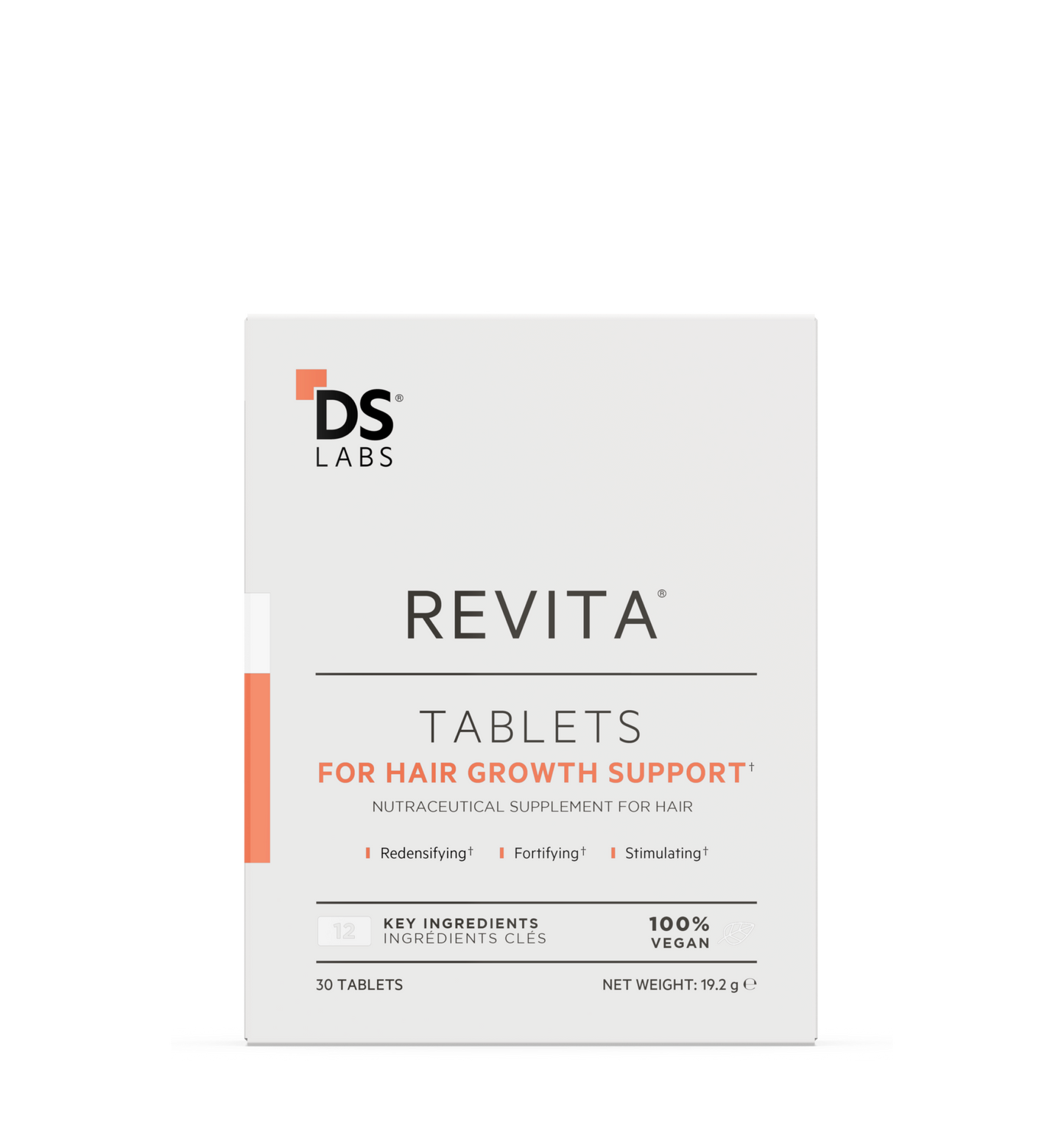Selenium is one of the several trace minerals our body needs. It is important for everything from your thyroid health to hair growth. Other trace minerals include iodine, zinc, cobalt, and fluoride. But don’t be fooled by the word “trace,” which may make one think they are not as significant. While you may not need a large amount of these minerals, a deficiency in even the smallest amount can cause some problems in your body. Here, we focus on selenium and why it is good for hair growth (among many other functions in the body).
What is selenium?
Selenium is a mineral found in soil and water. Therefore, we naturally get selenium through a diet of natural foods. One of the reasons selenium is touted for being a necessary trace element is because of its role in metabolism and its antioxidant properties. Antioxidants are substances that prevent or inhibit oxidation, which is when an atom becomes destabilized, creating free radicals. Well-known antioxidants include vitamins C and E, which serve to remove these potentially harmful free radicals. Because of this property, selenium has been studied as a potential component to decreasing one’s risk for certain cancers, but so far, the research shows little benefit.
Among its other roles is its contribution to metabolism, where it plays an important part in making thyroid hormone. Sometimes, the process of making thyroid hormone can generate free radicals, so selenium may help get rid of these free radicals, thus making thyroid function more efficient. (And thyroid hormones also help with hair growth, so yet another reason to optimize your thyroid health.)
Selenium and hair growth
One of the more agreed-upon roles of selenium is its ability to treat dandruff and other skin conditions that may inhibit hair growth (like tinea versicolor). Some anti-dandruff shampoos contain selenium sulfide, which can reduce flaking and irritation from dandruff and seborrheic dermatitis. When left untreated, dandruff and seborrheic dermatitis can suppress hair growth due to inflammation, irritation, and an inability of the hair follicle to thrive in the affected area.
Selenium is thought to help suppress these conditions because it works as a mild antifungal and can reduce dead skin-cell turnover. Dandruff and seborrheic dermatitis are generally met with an uptick in the number of skin cells that shed, which is why you see flaking. Selenium can also help suppress the symptoms that often accompany these conditions, including itching and irritation.
Selenium in hair products
Several hair products tailored to treating dandruff contain selenium. While many of these products can effectively suppress itching, irritation, and skin-cell turnover, they do not necessarily treat hair loss associated with these conditions. So, if you have hair loss, selenium alone will not be the ingredient that helps you boost hair growth. But, if your only problem is dandruff, you can use a shampoo Like Dandrene Exfoliating Anti-Dandruff shampoo that not only suppresses skin cell turnover but also offers scalp exfoliation, so dead or dying skin cells are not clogging hair follicles and pores. Dandrene contains ingredients like glycolic acid pomegranate peel, rosemary, zinc pyrithione, and lupine.
But if hair growth is your primary goal, you will want to focus on topical ingredients that actually stimulate your hair follicles. Compounds like Nanoxidil 5%, ketoconazole, caffeine, and azelaic acid are necessary to support hair growth, especially in the presence of hair loss conditions like androgenic alopecia. You can find these ingredients in the SPECTRAL.DNC-N, and some are also in the powerful REVITA shampoo line.
How to boost your selenium intake
Of course, while topical ingredients in your hair products can help with hair growth, you must support hair growth from within as well. The best way to do this is through your diet. And while selenium may not directly support hair growth topically, meeting your required daily intake (RDA) of selenium is important for hair growth support.
Protein-rich foods generally are good natural sources of selenium, so eating foods like seafood, animal meat, organ meat, and nuts is beneficial. Some selenium may also be available in grains. As long as you eat a healthy, well-balanced diet that limits processed foods, you will likely meet your RDA of selenium each day. (Indeed, few of us think of this mineral when considering our nutritional categories.)
A deficiency in this trace mineral is rare. However, certain people may have this deficiency. For example, people with absorption issues from conditions like Crohn’s disease and those who have had weight loss surgery that alters their digestive tract. In these cases, you will want a doctor to help you identify the right amount of supplemental selenium you should take.
While you likely do not need to take a selenium supplement to help support hair growth outside of the above instances, many people benefit from taking a hair growth supplement that includes other nutrients. Alfalfa, B-sitosterol, iron, Canadian willowherb, genistein, and zinc are among some of the nutrients and ingredients that can help support hair growth, and they are all found in the Revita Tablets for hair growth support.












